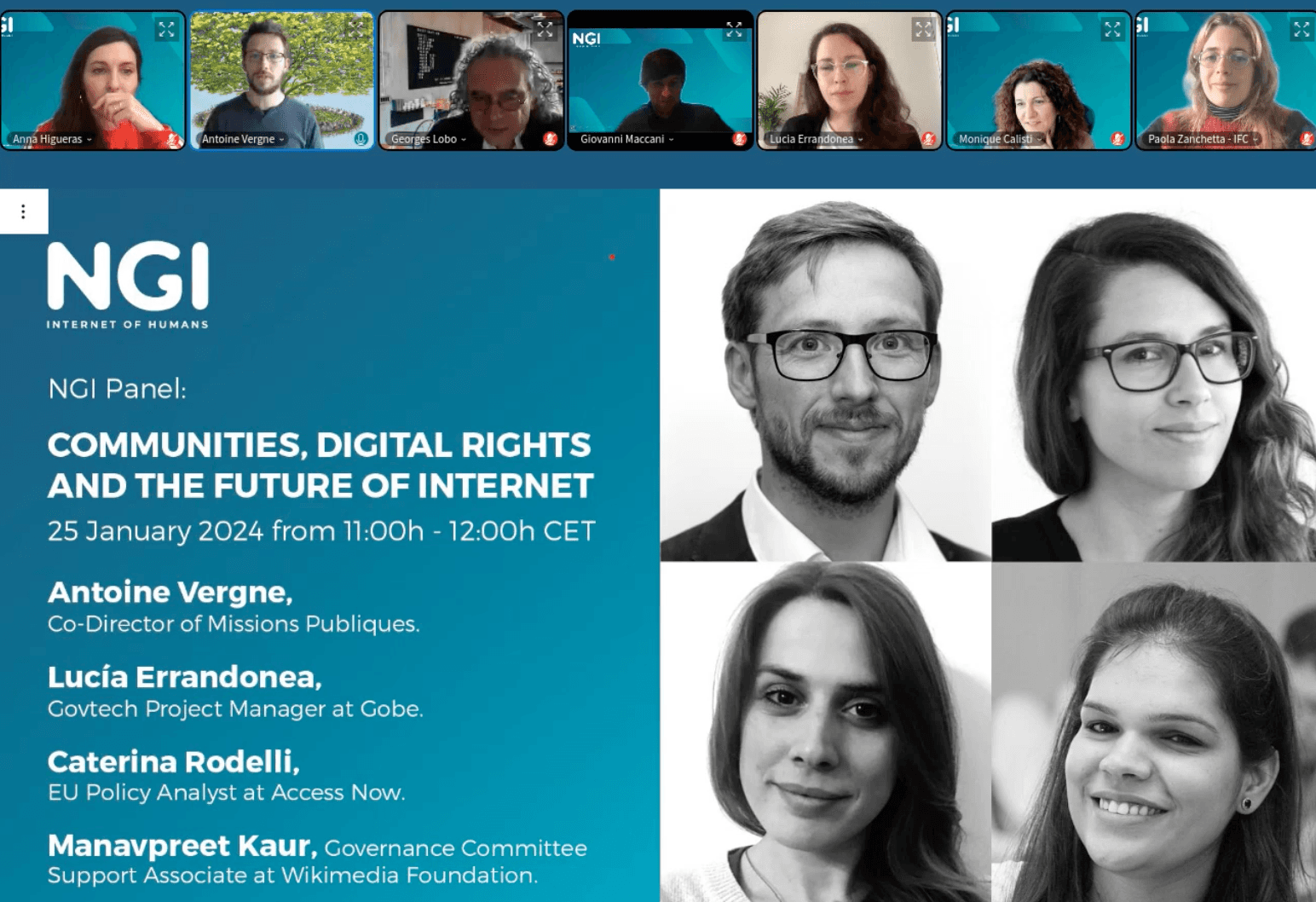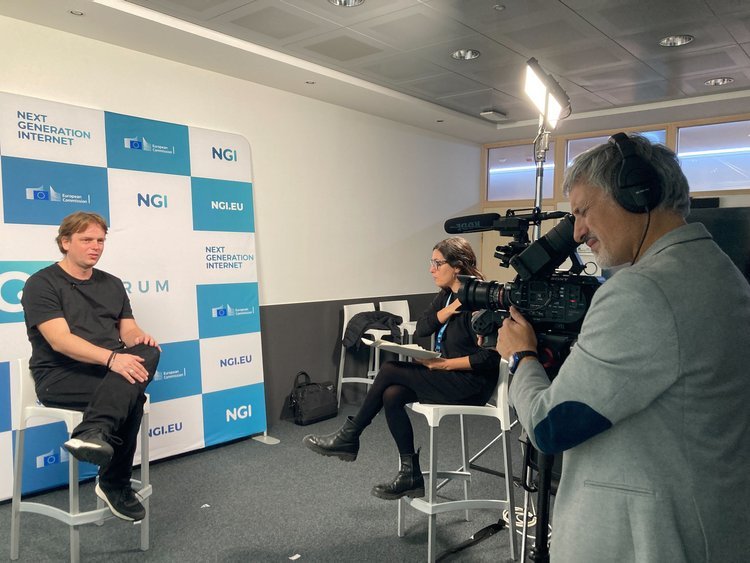Scientific research
Scientific research
Barcelona will measure how air pollution affects mental health
Barcelona will measure how air pollution affects mental health
12 de agosto de 2020


By the editorial team. (Original publication in Spanish)
More than 300 residents of Barcelona will participate in CitieS-Health, a citizen science project to study how air pollution in the city affects mental health. The initiative, which we promote alongside ISGlobal, a center driven by the "la Caixa" Foundation, is funded by the European Commission (Horizon 2020) and aims to collect data on the level of stress, quality of sleep, and attention of the city's inhabitants.
The results obtained will be cross-referenced with maps of pollution, noise, and green and blue spaces to estimate how much pollution the citizens are exposed to and its effects on mental health. The data collection phase has just begun and will extend until early 2021. Once the results are analyzed, a collaborative action will be carried out with the participants to decide which joint actions can be developed to improve the environment and inform public policy.
Three ways to participate
To carry out the experiment, a mobile application has been designed in which participants will need to provide information about their mood, quality of sleep, and attention span. Three levels of participation have been designed based on the degree of involvement each person chooses to take.
In the first level, participants will need to answer a cognitive test over two non-consecutive weeks, and in return, they will receive an estimate of the pollution level in their home. In the second, in addition to answering these questions, volunteers are invited to activate their geolocation to have more specific information about the routes and spaces where they spend more time during the day to cross-reference with pollution maps. The compensation is an individual estimate of exposure to pollution. In the third level, participants will receive a citizen kit that contains a passive NO₂ sampling tube that they must carry with them for a week. This way, they will receive the actual data on the pollution level they have been exposed to.
Any resident of the city of Barcelona can participate as long as they are of legal age and have a smartphone to use the mobile application, which will be available in Spanish and Catalan.

Mental health, an issue of interest for citizens
The aim of CitieS-Health is to place citizens' concerns at the center of the research agenda. To this end, the project has allowed the residents of Barcelona to define the research question. A participatory process was carried out that involved more than 1,000 residents of Barcelona. Mental health was the most voted health issue.
The analysis of mental health is essential not only for personal well-being but also to achieve resilient and sustainable cities. Emotional, psychological, and social well-being can help improve relationships and individuals' abilities to cope with problems, enhance educational achievement, improve employment prospects, reduce physical health issues, alleviate healthcare and social assistance costs, and build social capital.
By the editorial team. (Original publication in Spanish)
More than 300 residents of Barcelona will participate in CitieS-Health, a citizen science project to study how air pollution in the city affects mental health. The initiative, which we promote alongside ISGlobal, a center driven by the "la Caixa" Foundation, is funded by the European Commission (Horizon 2020) and aims to collect data on the level of stress, quality of sleep, and attention of the city's inhabitants.
The results obtained will be cross-referenced with maps of pollution, noise, and green and blue spaces to estimate how much pollution the citizens are exposed to and its effects on mental health. The data collection phase has just begun and will extend until early 2021. Once the results are analyzed, a collaborative action will be carried out with the participants to decide which joint actions can be developed to improve the environment and inform public policy.
Three ways to participate
To carry out the experiment, a mobile application has been designed in which participants will need to provide information about their mood, quality of sleep, and attention span. Three levels of participation have been designed based on the degree of involvement each person chooses to take.
In the first level, participants will need to answer a cognitive test over two non-consecutive weeks, and in return, they will receive an estimate of the pollution level in their home. In the second, in addition to answering these questions, volunteers are invited to activate their geolocation to have more specific information about the routes and spaces where they spend more time during the day to cross-reference with pollution maps. The compensation is an individual estimate of exposure to pollution. In the third level, participants will receive a citizen kit that contains a passive NO₂ sampling tube that they must carry with them for a week. This way, they will receive the actual data on the pollution level they have been exposed to.
Any resident of the city of Barcelona can participate as long as they are of legal age and have a smartphone to use the mobile application, which will be available in Spanish and Catalan.

Mental health, an issue of interest for citizens
The aim of CitieS-Health is to place citizens' concerns at the center of the research agenda. To this end, the project has allowed the residents of Barcelona to define the research question. A participatory process was carried out that involved more than 1,000 residents of Barcelona. Mental health was the most voted health issue.
The analysis of mental health is essential not only for personal well-being but also to achieve resilient and sustainable cities. Emotional, psychological, and social well-being can help improve relationships and individuals' abilities to cope with problems, enhance educational achievement, improve employment prospects, reduce physical health issues, alleviate healthcare and social assistance costs, and build social capital.


